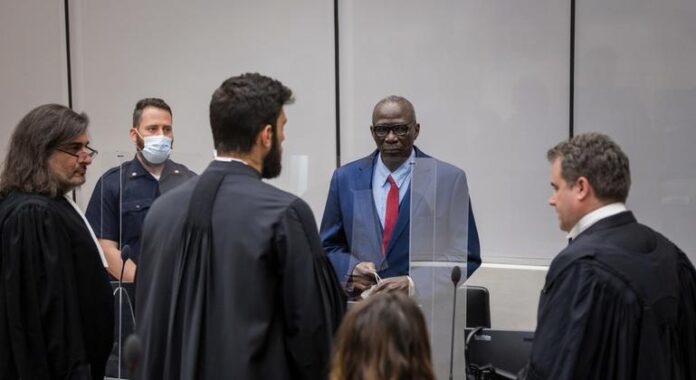The International Criminal Court (ICC) in The Hague has begun final hearings in the case of former Sudanese militia leader Ali Muhammad Ali Abd-Al-Rahman, known as “Ali Kushayb,” marking a key step toward determining his final sentence after being convicted in October of war crimes and crimes against humanity committed in Sudan’s Darfur region in the early 2000s.
The latest hearings carry significant symbolic and political weight, representing the first time a senior figure accused in the Darfur conflict faces international justice after years of impunity in a war that killed more than 300,000 people and displaced millions, according to UN estimates.
During Monday’s session, ICC prosecutor Julian Nichols told judges that Kushayb “committed horrific crimes against civilians, ordering acts of killing, torture, and rape,” calling him “a killer with an axe,” in a symbolic description of the brutality of the charges. Nichols urged the court to impose “a deterrent sentence” that reflects the grave humanitarian suffering witnessed in Darfur between 2003 and 2004.
The defense, on the other hand, is seeking a reduced sentence, arguing that Kushayb surrendered voluntarily to the court in 2020 and has already spent years in detention. Defense lawyers further claimed there may have been a case of mistaken identity, alleging that the nickname “Kushayb” was wrongly attributed to their client.
Observers view the trial as a critical test of the ICC’s credibility in handling mass atrocity crimes in Sudan and a potential precedent for pursuing other suspects, including former president Omar al-Bashir, who has been wanted by the court since 2009.
UN officials and human rights advocates say the verdict, once delivered, will mark a historic milestone for victims who have awaited justice for two decades and may help restore global confidence in the international justice system after years of political challenges and divisions within the UN Security Council over Sudan’s accountability process.


